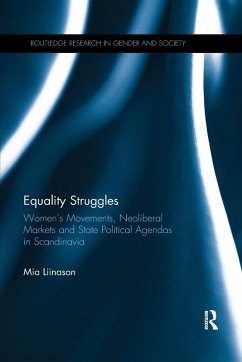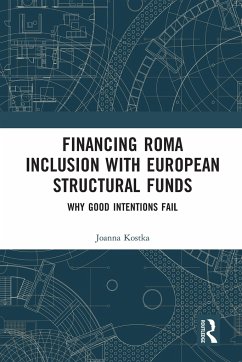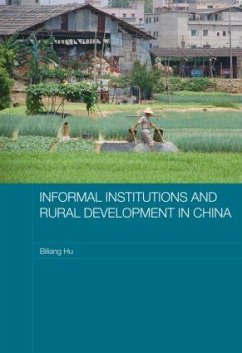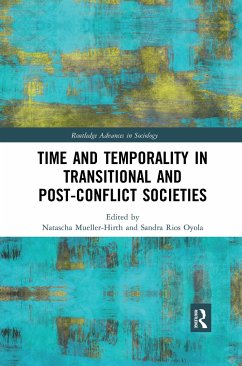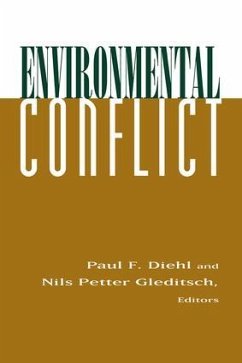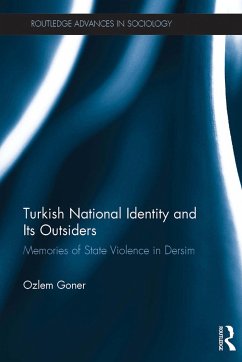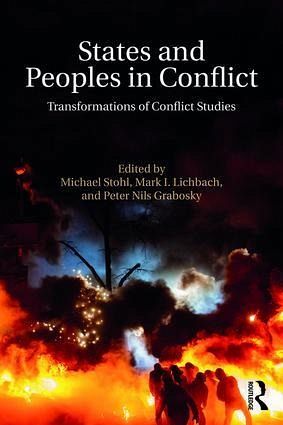
States and Peoples in Conflict
Transformations of Conflict Studies
Herausgeber: Stohl, Michael; Grabosky, Peter Nils; Lichbach, Mark I.
Versandkostenfrei!
Versandfertig in 1-2 Wochen
57,99 €
inkl. MwSt.

PAYBACK Punkte
29 °P sammeln!
This volume evaluates the state of the art in conflict studies. Original chapters by leading scholars survey theoretical and empirical research on the origins, processes, patterns, and consequences of most forms and contexts of political conflict, protest, repression, and rebellion. Contributors examine key pillars of conflict studies, including civil war, religious conflict, ethnic conflict, transnational conflict, terrorism, revolution, genocide, climate change, and several investigations into the role of the state. The research questions guiding the text include inquiries into the interacti...
This volume evaluates the state of the art in conflict studies. Original chapters by leading scholars survey theoretical and empirical research on the origins, processes, patterns, and consequences of most forms and contexts of political conflict, protest, repression, and rebellion. Contributors examine key pillars of conflict studies, including civil war, religious conflict, ethnic conflict, transnational conflict, terrorism, revolution, genocide, climate change, and several investigations into the role of the state. The research questions guiding the text include inquiries into the interactions between the rulers and the ruled, authorities and challengers, cooperation and conflict, accommodation and resistance, and the changing context of conflict from the local to the global.






